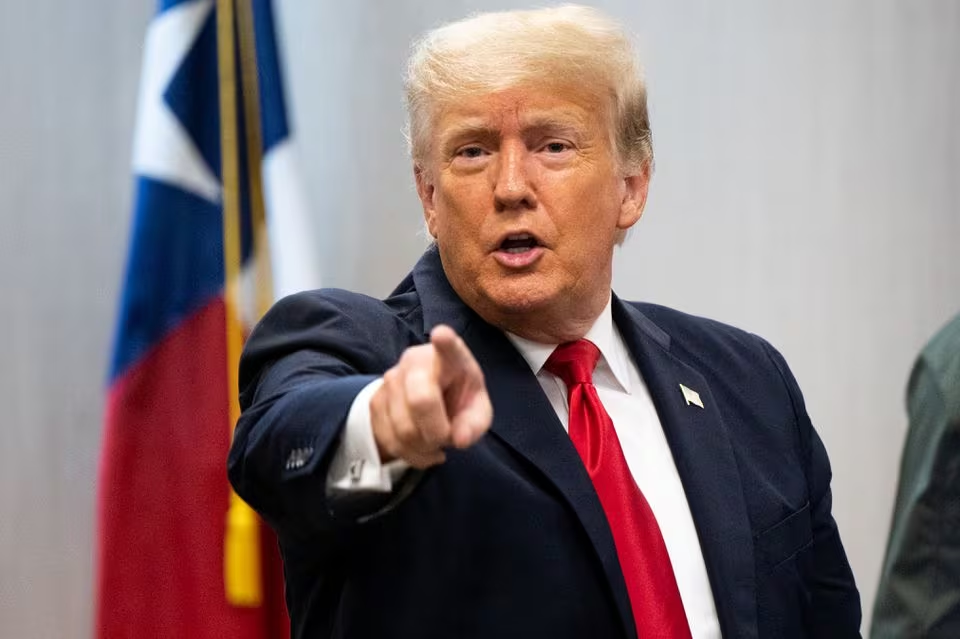In a recent interview with The Guardian, retired conservative Judge Michael Luttig, a former clerk for Antonin Scalia and a pivotal figure in the modern conservative legal movement, expressed deep concern about the potential re-election of former President Donald Trump, describing it as “catastrophic for America’s democracy.”
“I am more worried for America today than I was on January 6,” Luttig stated, referring to the tumultuous events at the Capitol. He emphasized that Trump’s actions since then have had a corrosive impact on American democracy, eroding faith and confidence in the electoral process for millions of Americans. Luttig stressed, “All that he has done beginning with January 6 has corrupted American democracy and corrupted American elections.”
Luttig further warned that Trump, presumed to be the Republican nominee in 2024, poses a serious threat to the rule of law, describing the potential presidency as “ruinous.”
“He’s the presumptive nominee of the Republican party in 2024, and indeed many people believe that he will be the next president,” Luttig remarked, highlighting the widespread anticipation of Trump’s political comeback.
Luttig, in collaboration with former Harvard Law professor Laurence Tribe, has been actively advocating for the disqualification of Trump from holding office again based on the Fourteenth Amendment’s Insurrection Clause. This perspective has led to multiple legal cases seeking to remove Trump from the ballot on these grounds across various states. Although a significant case in Minnesota faced a setback when the state Supreme Court ruled against keeping Trump off the primary ballot, there remains potential for re-filing the case concerning the general election.
Beyond his concerns about Trump, Luttig voiced a broader worry about the state of the Republican Party, asserting that as of now, “there is no Republican Party” functioning as a democratic political organization.
The judge’s outspoken warnings reflect a growing unease within conservative circles about the potential consequences of a Trump return to the presidency and the perceived challenges to democratic norms within the Republican Party.










